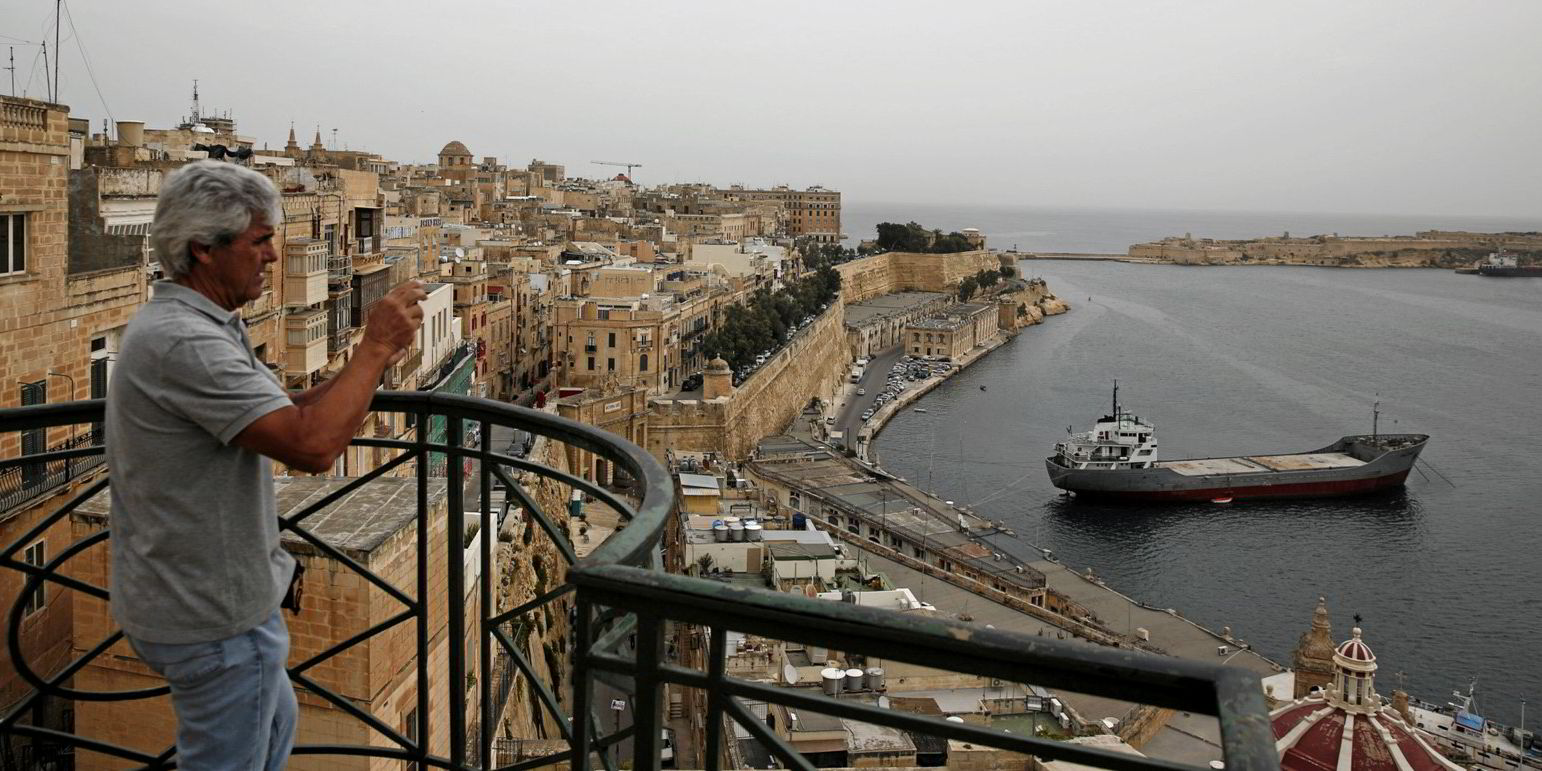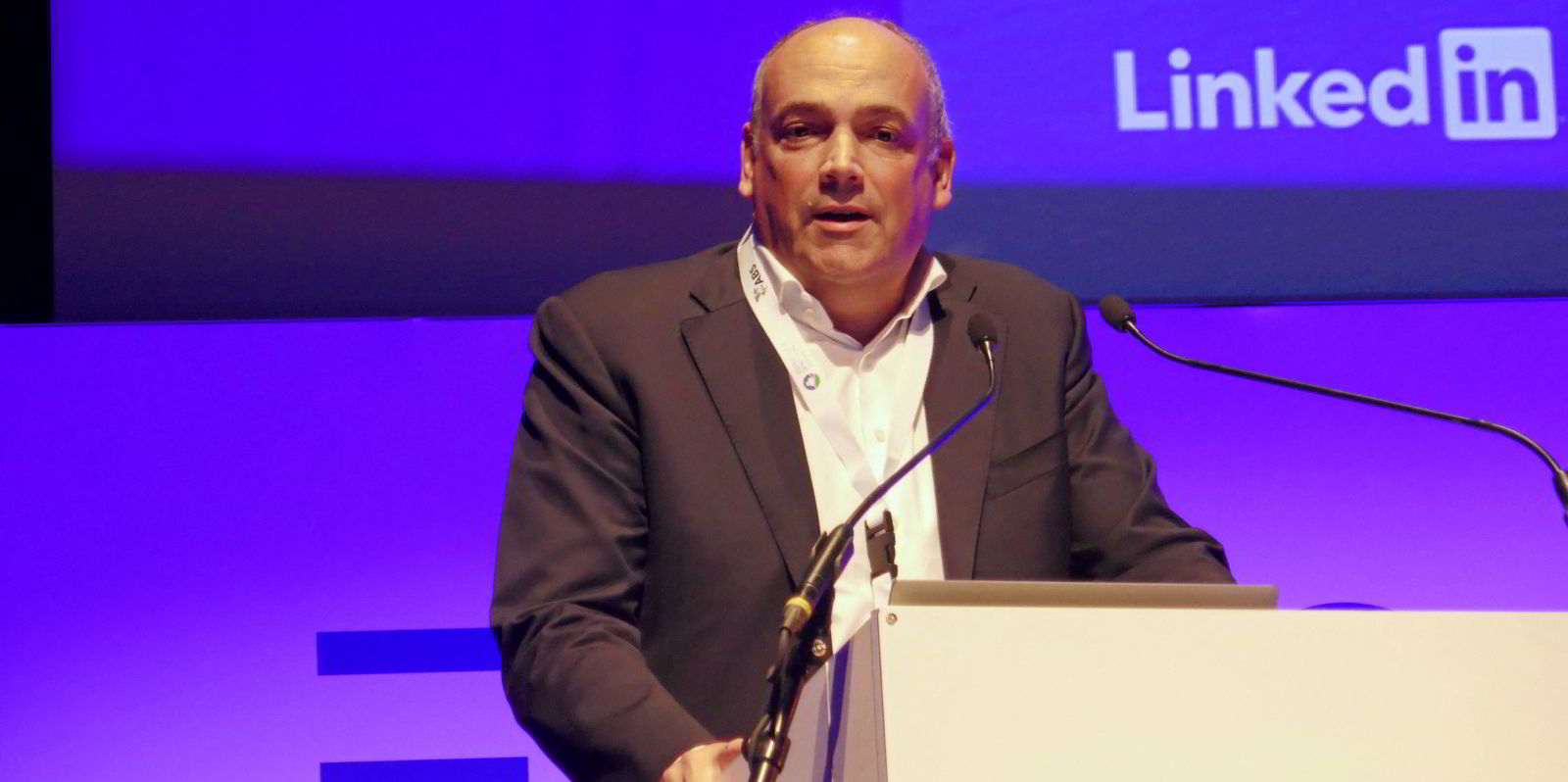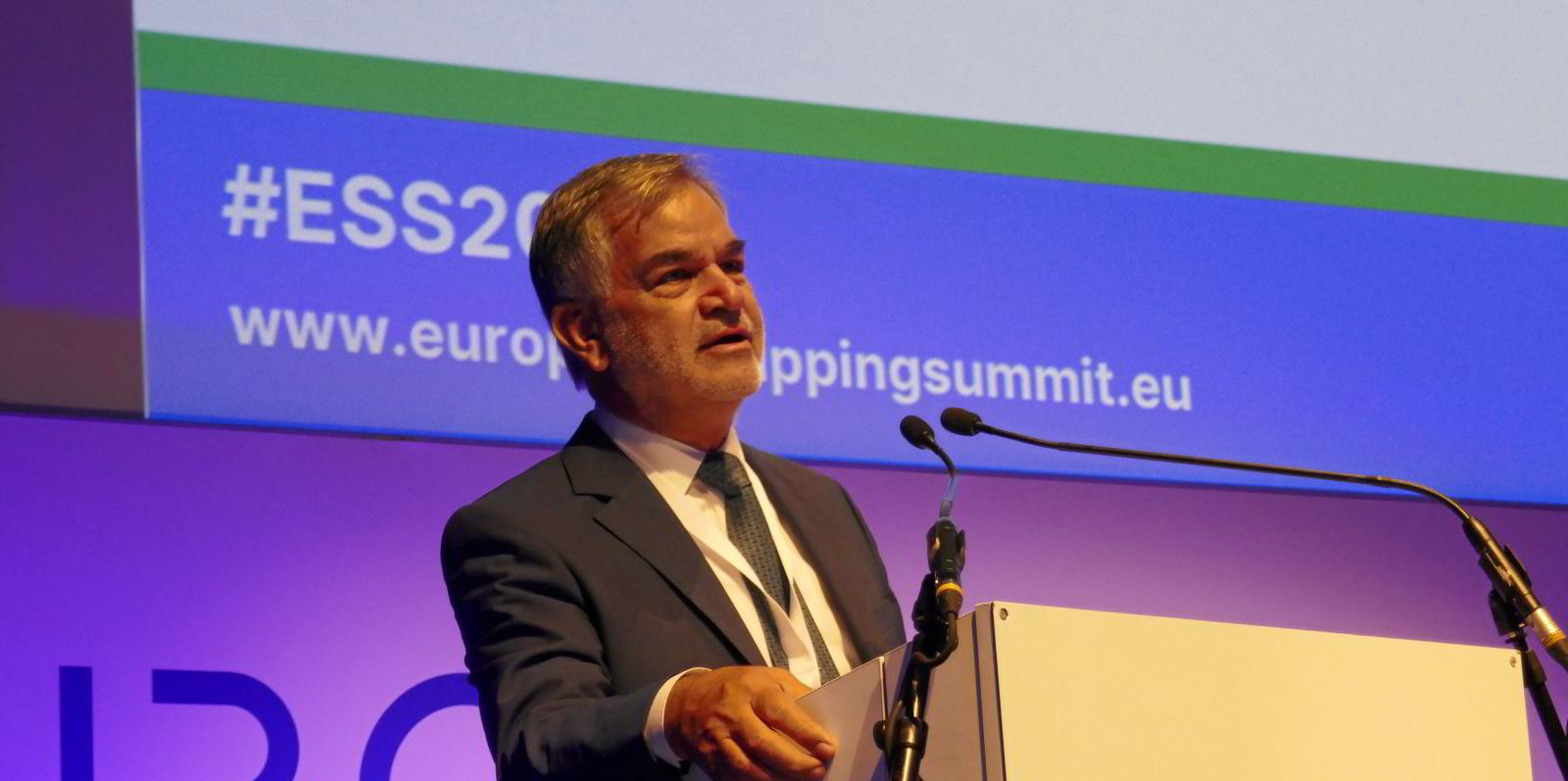Container terminals in North Africa, Turkey and the Middle East already preparing to receive business dropped by their EU rivals in the wake of new environmental regulation, a European politician warned.
“As we speak, Port Said, Izmir are changing their business model to replace European ports,” Maltese transport minister Aaron Farrugia told the European Shipping Summit on Wednesday.
According to the Maltese government official, this is a side-effect of the EU’s emissions trading scheme (EU ETS), which will start taking effect in a few months imposing carbon costs on shipping companies and charterers heading towards its terminals.
Farrugia’s comments reflect concern voiced for a long time by shipping industry players — especially by ports on the EU’s fringe — against the design of the EU ETS.
The Spanish port of Algeciras, for instance, has estimated that it might lose up to 70% of traffic to nearby terminals, depending on the geographical scope of the ETS and the price of carbon emission rights traded in it.
“In a few months’ time you will have business moving from Algeciras towards other ports,” Farrugia said on Wednesday, adding that Europe should not be showing signs of “political naivete” amid “circumvention of decarbonisation”.
“We are pushing business away from the European Union,” Farrugia said.
The Maltese politician welcomed recent pledges by European Commission president Ursula von der Leyen to investigate the impact decarbonisation has on the bloc’s competitiveness.
“I was positively surprised,” Farrugia said.
“Let’s push at a global level — we have a strong voice, we need to do more for a level playing field on a global level,” he added.
Malta, an island republic on the EU’s southern end, is home to a major transshipment container terminal.





